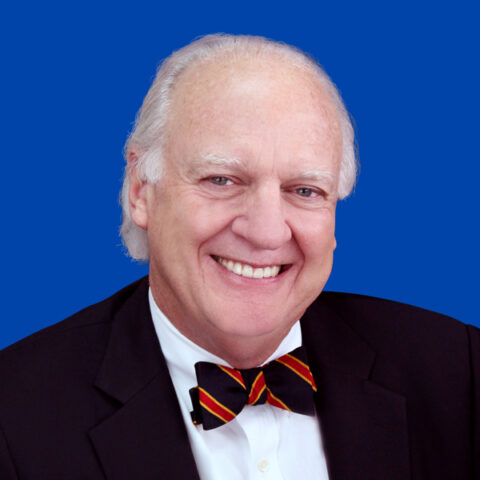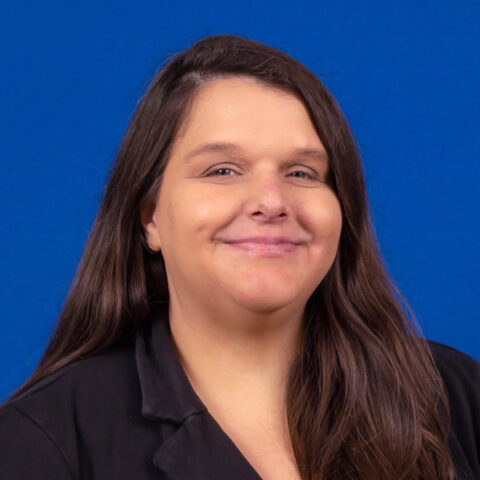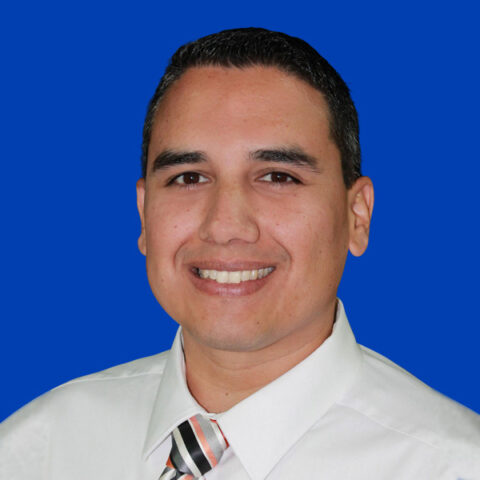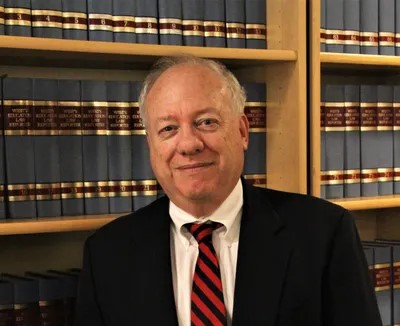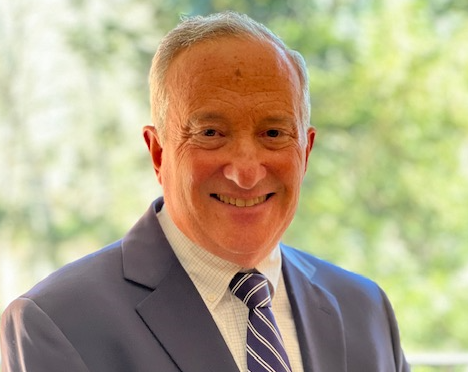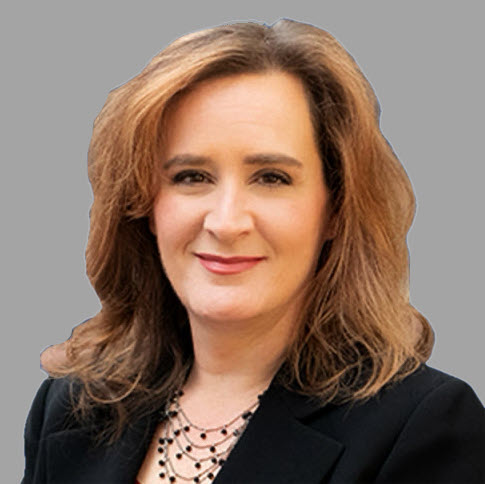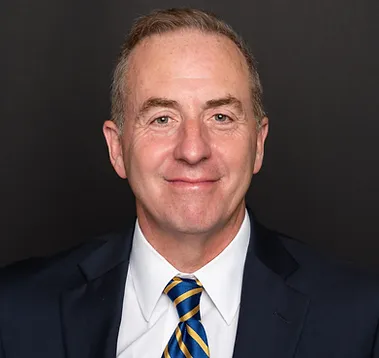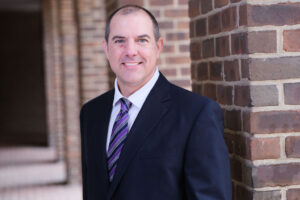As estate planners, part of our job is making sure our clients’ desires – as far as who receives their property – are fulfilled.
Some clients know exactly what they want, and others need to be provided with options so that they can choose the who and the how. But in every case, we also must help our clients to consider all possibilities, with respect to both the people and property involved.
On the first point – people – most clients will think of an ordinary order of deaths: grandparents before parents, parents before children. Further, most clients will assume that their intended beneficiaries will have ordinary levels of capacity, absent an existing reason to think otherwise. But either of these assumptions could result in property passing to people who were not the intended recipients. For example, your client may very much want to leave half of her property to her dear friend, but if her friend happens to predecease her, she would not want anything to pass to the friend’s spendthrift son. Or your clients may want to leave everything to their only daughter, but if she predeceases them without descendants, would they really want property to pass to aunts, uncles, and cousins with whom they were never close? And what of the client with a grandchild who becomes incapacitated, resulting in property being managed by a son-in-law or daughter-in-law who the client does not trust? In each of these cases, the estate planning documents can be drafted to provide a specific solution that matches the client’s goals – as long as the planner makes sure to ask the necessary questions so that the client can consider all of the possibilities.
In InterActive Legal, the drafting attorney is prompted to ask many of these questions in the various document interviews – questions like what should happen if a beneficiary predeceases (does their gift lapse, or pass to their descendants?), or if a beneficiary survives but dies shortly after the client, or if a beneficiary becomes a special needs person, or if there are no natural objects of the client’s bounty to take, such as a spouse or descendants. With respect to the latter issue, some clients are fine with property passing to their legal heirs, but others would prefer to name a contingent charity or other recipient. Reviewing all of these issues as part of the drafting process avoids the possibility of a gap in the planning that could result in property passing in a way other than what the client really intended – avoiding an “accidental” estate plan.
Accidental estate planning can also happen because of the type of property a client owns.
A client can have a perfectly-crafted estate plan, directing property to exactly the right beneficiaries and even considering all possibilities as far as order of deaths, survivorship, etc. But if their estate is composed mostly of retirement plans and survivorship accounts, their property will pass pursuant to contract or operation of law – perhaps to different beneficiaries than those named in the estate plan. InterActive Legal works to avoid this type of accidental estate plan as well, by inquiring about retirement benefits and life insurance policies when a document is drafted, and including express instructions when funding trusts to change the ownership of any survivorship accounts.
Our best practices should always include a detailed review of the client’s assets and how those assets are owned, as well as a thorough review with the client of all reasonable disposition scenarios. InterActive Legal’s drafting software is designed to specifically focus our attention on areas that can sometimes be overlooked, so that we don’t have clients with accidental estate plans.
Meet the Author

Teresa Bush joined InterActive Legal in 2007 and serves as Director of Education and Content Support Services.
Ms. Bush has been licensed to practice law since 1991, and focused her practice exclusively on issues of estate and gift tax planning, probate, charitable planning, and estate and trust administration. She began her practice in a small law firm, planning for clients of all levels of wealth. Thereafter, she practiced for a number of years in the Tax Section of Kelly, Hart and Hallman, P.C. in Fort Worth, Texas, and as an estate and gift tax consultant for the Dallas office of Ernst & Young, in both cases focusing on planning for very high net worth clients.
Ms. Bush received her J.D. from the University of Texas School of Law, where she was a research assistant for Professor Stanley M. Johanson. She studied at Edinburgh University and the London School of Economics prior to obtaining a B.A. in Economics and Political Science from Rice University in Houston. While studying abroad, she worked as an intern for a Member of Parliament in the British House of Commons.
Ms. Bush taught legal research and writing as a Teaching Quizmaster in law school, and later taught estate planning extension courses for American College of Financial Services CLU candidates. She has presented several online webinars on estate planning and drafting topics, and is the author or co-author of a variety of estate planning articles.





